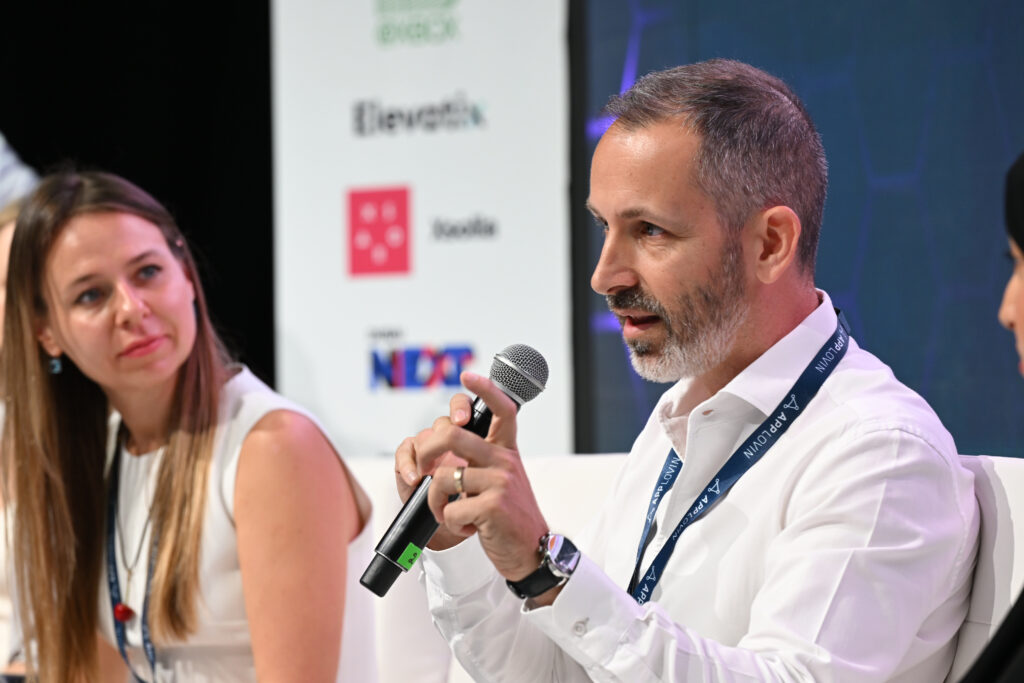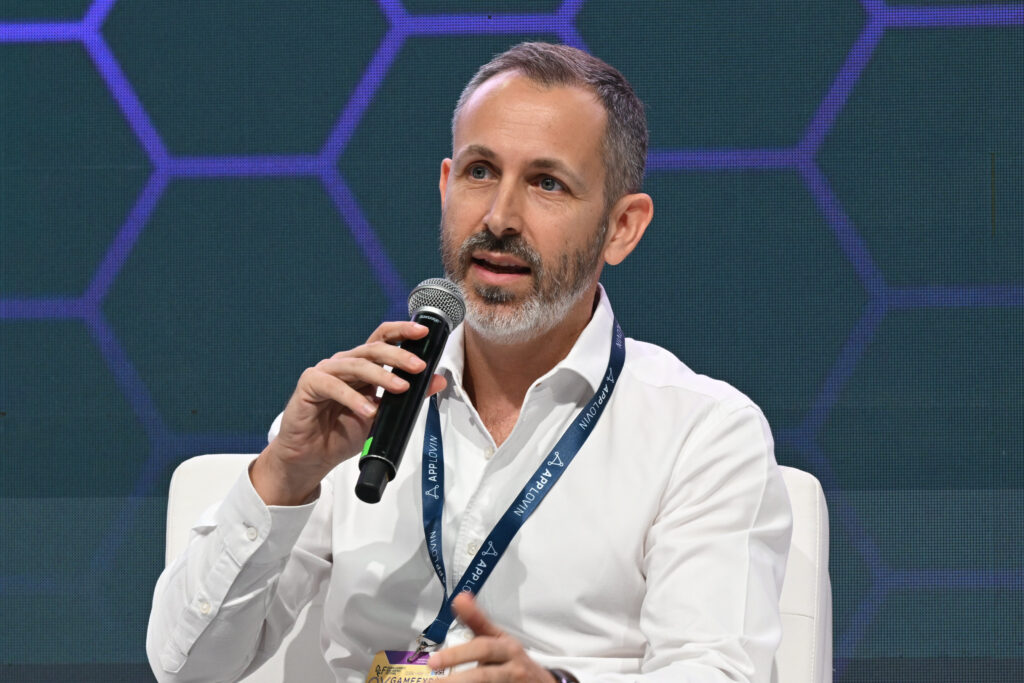Mobile gaming and esports are two fires fueling the growth of MENA (Middle East & North Africa)’s gaming industry, said industry insiders at the Dubai GameExpo Summit in May.
According to analyst firm Niko Partners, smartphones are the most-used device for gaming in the region, with 87.2 percent of gamers playing on phones. And compared with other platforms, gamers on mobile spend more time on their devices, averaging 8.7 hours a week.

Within that segment, 71.5 percent of gamers in the MENA region play or watch esports, said Niko Partners analyst Mohamed Zaher.
Focusing on mobile is “something that we really believe in as a model for publishers,” Level Infinite’s country manager for MENA, John Lacey echoed. He said users discovering gaming through their phones is also a driving force growing the gaming industry in the region, too.
Esports investment from governments, private industry

“Governments are very open, they want to have a dialog, they want to explore the opportunities. They are looking at the bigger picture and the bigger impact that gaming and the entire industry can have.
“This creates a lot of positivity and aspiration towards the industry,” said Lacey.
Savvy Games Group, owned by Saudi Arabia’s Public Investment Fund, started out with $38 billion to invest in gaming, to put Saudi Arabia on the world map as a gaming powerhouse.

Government investment has helped prize pools in esports grow to help others sit up and take notice. But success isn’t simply achieved with dollars alone.
Investment also comes in the form of building up people that will excel in the industry. When setting itself up in the region, Level Infinite brought in expertise that may not have yet been as developed in the region.
At the same time, local hires were critical to bring insights from the region that cannot be replicated by international staff. “It’s about localizing all your resources with the right blend of talent, and then you’ll have success,” said Lacey.

